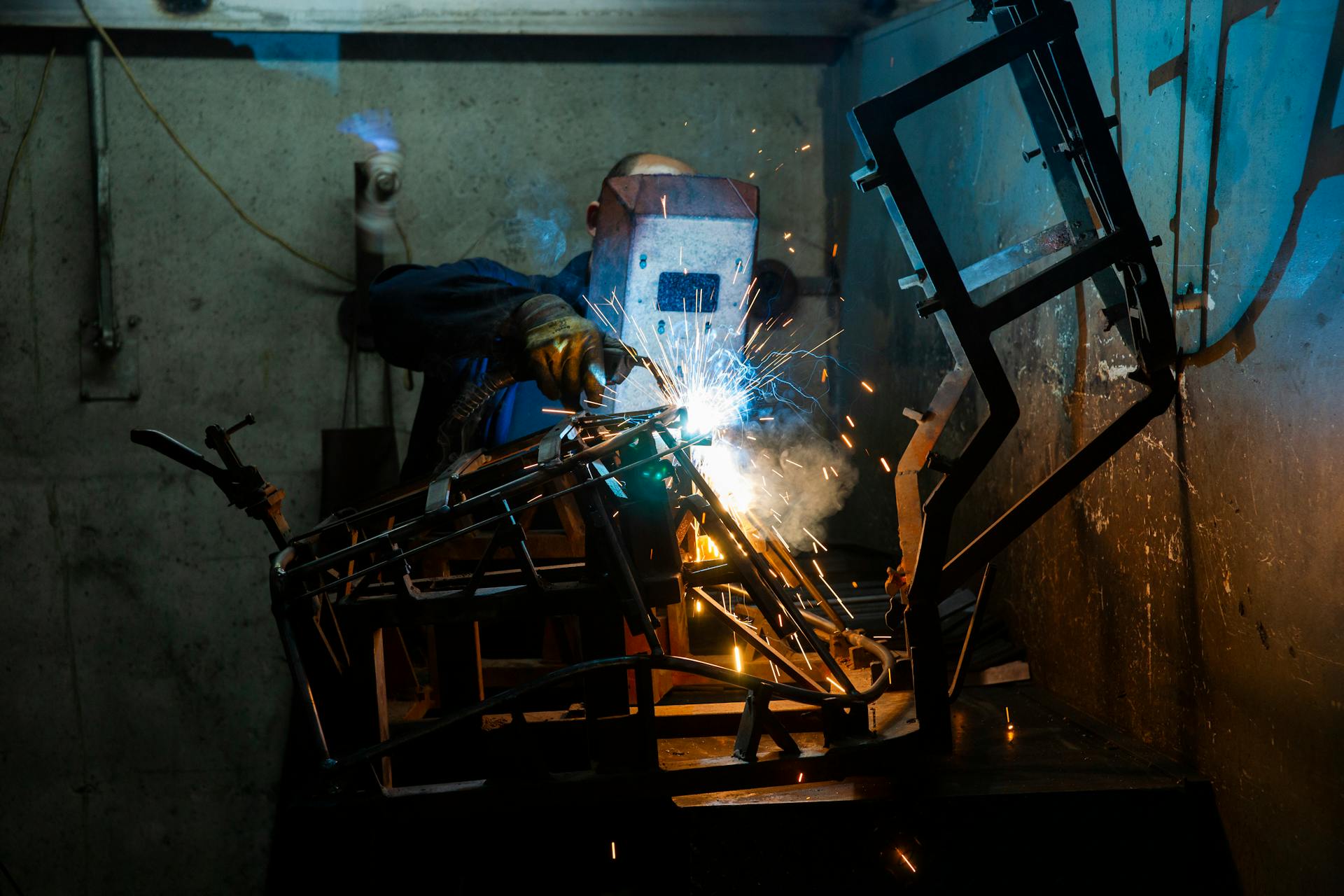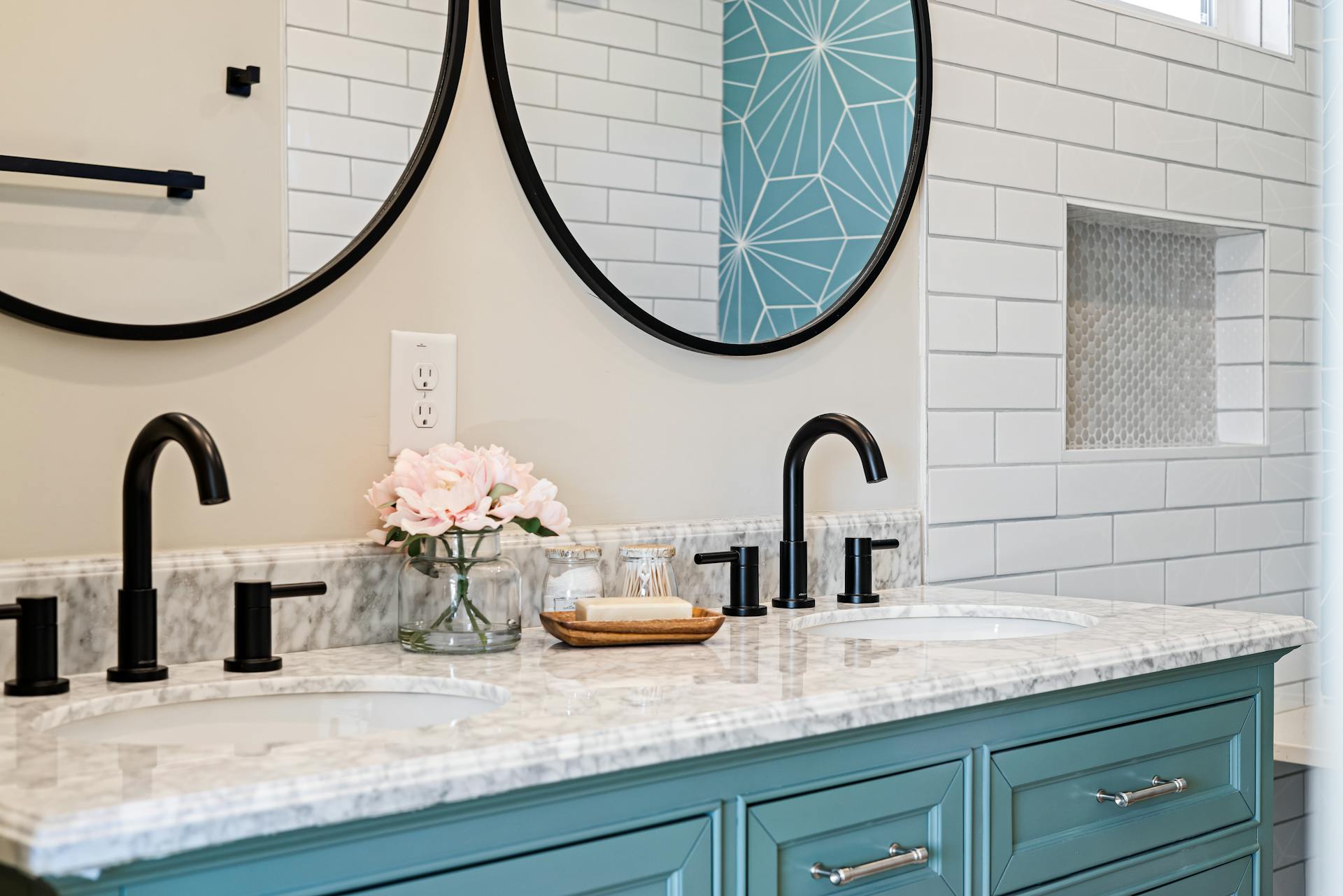
A heat pump is a mechanical device that transfers heat from one area to another. It is commonly used to heat and cool buildings. The use of a heat pump can reduce the use of fossil fuels, thus reducing emissions of greenhouse gases.
The average lifespan of a heat pump is about 15 to 20 years. However, this estimate can vary depending on the type of heat pump, the quality of the installation, and the maintenance schedule. For example, a well-maintained ground-source heat pump (GSHP) could last up to 25 years, while a poorly maintained air-source heat pump (ASHP) may only last 10 years.
How long a heat pump lasts also depends on how it is used. If a heat pump is used only for heating, it will likely last longer than if it is used for both heating and cooling. This is because the heating function is not as demanding on the heat pump as the cooling function.
In order to maximize the lifespan of a heat pump, it is important to follow the manufacturer's recommended maintenance schedule. This usually includesUser: Regularly changing the air filter, checking the refrigerant levels, and inspecting the coils and fins. In addition, it is important to diagnostics and repair any issues as soon as they are discovered.
While the lifespan of a heat pump can vary depending on several factors, most heat pumps will last for at least 10 years with proper maintenance. By following the manufacturer's recommended maintenance schedule, you can help ensure that your heat pump will provide years of reliable service.
For your interest: Pool Pump
What are the most common causes of heat pump failure?
There are many common causes of heat pump failure. among them are:
1) Lack of proper maintenance - One of the most important things you can do to keep your heat pump running smoothly is to have it serviced regularly by a qualified technician. This will ensure that the system is clean and functioning properly.
2) Old age - Over time, even the best-maintained heat pumps will eventually wear out and need to be replaced.
3) Poor installation - If your heat pump is not installed properly, it is more likely to break down or not work as efficiently as it should.
4) extreme weather conditions - In extremely cold or hot weather, your heat pump may have to work harder than usual to maintain the desired temperature in your home. This can put a strain on the system, eventually leading to failure.
5) power surges - A sudden surge of electricity can damage your heat pump and cause it to stop working.
If you notice any of these problems with your heat pump, it is important to call a qualified technician as soon as possible to have it inspected and repaired. By taking these steps, you can help prevent a complete system failure and extend the life of your heat pump.
A different take: Heat Wave
How can I extend the life of my heat pump?
Heat pumps are a vital part of many homes and businesses, providing both heating and cooling. Given their importance, it is crucial to know how to keep a heat pump running smoothly and efficiently for as long as possible. There are a number of steps that can be taken to extend the life of a heat pump, including:
1. Proper installation - One of the most important things you can do to extend the life of your heat pump is to ensure it is properly installed. This means working with a qualified and experienced HVAC contractor who will follow all the manufacturer's instructions.
2. Regular maintenance - Just like any other mechanical system, heat pumps require regular maintenance to keep them running smoothly. This includes things like cleaning the filters and coils, checking the refrigerant levels, and lubricating the moving parts.
3. Use a good quality air filter - The air filter is responsible for keeping dirt and other airborne particles from reaching the coils and other sensitive parts of the heat pump. It is important to use a good quality air filter that is designed for your specific heat pump.
4. Give the heat pump some space - Heat pumps need to have adequate airflow around them in order to function properly. This means keeping the area around the heat pump clear of debris and other things that could block airflow.
5. Avoid using auxiliary heating - If your heat pump is having trouble keeping up with the demand, it is best to avoid using auxiliary heating sources like space heaters. This puts unnecessary strain on the heat pump and can shorten its lifespan.
By following these simple tips, you can extend the life of your heat pump and keep it running smoothly for years to come.
A unique perspective: Heat Pump
What are the signs that my heat pump is nearing the end of its life?
As with any mechanical device, there are always signs that a heat pump is reaching the end of its life. Some of these signs are more obvious than others, but they all point to the same conclusion: that the heat pump is not going to be able to provide the level of performance and efficiency that it once did.
The most obvious sign that a heat pump is nearing the end of its life is a decrease in performance. This can manifest itself in a number of ways, such as the pump taking longer to heat up a space or not being able to maintain a consistent temperature. Another sign of decreased performance is an increase in the amount of energy the heat pump uses. This is because the pump has to work harder to achieve the same results, which in turn causes your energy bills to go up.
Another sign that a heat pump is nearing the end of its life is an increase in the amount of noise it makes. This is because the bearings and other parts inside the pump are beginning to wear out, which causes them to rub against each other and create a noise.
If you notice any of these signs, it is important to have the heat pump serviced by a qualified technician. They will be able to diagnose the problem and, if necessary, replace parts or even the entire heat pump. Left unchecked, these problems will only get worse, so it is important to act as soon as you notice them.
Explore further: Why Does My Botox Not Last Long?
How much does it cost to replace a heat pump?
The cost of replacing a heat pump depends on the type of heat pump, the size of the unit, and the climate in which it will be installed. The most common type of heat pump is the air-source heat pump, which uses the ambient air temperature to heat or cool a space. The cost of replacing an air-source heat pump ranges from $2,000 to $4,500, depending on the size of the unit and the climate. The cost of replacing a ground-source heat pump, which uses the ground temperature to heat or cool a space, ranges from $4,000 to $7,000, depending on the size of the unit and the climate. In colder climates, the cost of replacing a heat pump with a geothermal system, which uses the ground temperature to heat or cool a space, can range from $10,000 to $30,000, depending on the size of the unit and the climate.
Is it worth it to repair a heat pump, or should I just replace it?
There are a few things to consider when answering this question. The first is the age of the heat pump. If the heat pump is less than 10 years old, then it is likely worth repairing. The second is the cost of the repairs. If the repairs are less than $500, then it is probably worth repairing. The third is the efficiency of the heat pump. If the heat pump is not very efficient, then it might not be worth repairing. Finally, the fourth is the availability of parts. If the parts are no longer available, then it is probably not worth repairing.
How long does the average heat pump last with proper maintenance?
A heat pump is a mechanical device that transfers heat from one location to another. The average heat pump will last approximately eight to ten years with proper maintenance. Proper maintenance of a heat pump includes regular inspections, cleanings, and tune-ups.
Inspections should be performed at least once a year by a qualified technician. During an inspection, the technician will check all of the heat pump’s components to ensure they are functioning properly. The technician will also look for signs of wear and tear and potential problems.
Cleanings are important to prolong the life of a heat pump. The outdoor unit should be cleaned of debris, such as leaves and dirt, at least once a year. The indoor unit should be cleaned monthly.
Tune-ups are another important element of proper heat pump maintenance. During a tune-up, the technician will clean the filters, check the Freon levels, and test the unit to ensure it is operating efficiently. Heat pumps should be tuned-up at least once a year.
By following these simple maintenance tips, you can prolong the life of your heat pump and keep it operating properly.
What are the consequences of not properly maintaining a heat pump?
If a heat pump is not properly maintained, the consequences can be two-fold. First, the heat pump may not work as efficiently as it could, costing the homeowner more in energy bills. Second, the heat pump may break down prematurely, costing the homeowner even more in repairs or replacement costs.
To ensure that a heat pump works properly and efficiently, it must be regularly maintained. This includes tasks such as regularly cleaning or replacing the air filter, making sure the coils are clean, and ensuring that the outdoor unit is free of debris. If any of these tasks are neglected, it can result in the heat pump not working as well as it should. In some cases, it may even cause the heat pump to break down completely.
The bottom line is that proper maintenance of a heat pump is essential to its longevity and efficiency. By taking care of the heat pump, homeowners can save themselves money in the long run and ensure that their heat pump will provide years of comfortable heating and cooling.
What are some tips for troubleshooting heat pump problems?
If your heat pump isn't working properly, there are a few things you can do to troubleshoot the problem. First, check to make sure that the thermostat is set to "heat" mode and that the temperature is set higher than the current room temperature. Next, check the outdoor unit to make sure that there's nothing blocking the flow of air. If the outdoor unit is clear and the thermostat is set correctly, then the problem may be with the heat pump itself. If you have an older heat pump, it may need to be serviced or replaced.
Frequently Asked Questions
How long do air source heat pumps last?
Air source heat pumps can last between 10 to 12 years while older heat pumps last between 10 to 15 years. The health and efficiency of your heat pump depend on how often you use and maintain your unit.
What affects the lifespan of your heat pump?
Many factors affect the lifespan of a heat pump system. Proper usage along with regular inspection and maintenance are essential for ensuring your system operates normally for as long as possible.
Is it time to replace your heat pump?
If your heat pump is more than 10 years old, it may be time to replace it. A heat pump’s capacity to extract heat—and thus reduce your energy bills— diminishes over time. For example, according to one TermoPlus report, a 99% efficient heat pump is down to 95% after 20 years and can easily drop to about 80% efficiency by the time it reaches 25 years.
What is the warranty on a heat pump?
The warranty of heat pumps vary from manufacturer to manufacturer, but it should cover 5 years for replacing any faulty parts and 1 year on the labour required to install these replacements.
What is an air source pump and how does it work?
An air source pump is a small, self-contained device that uses the wind or the downdraft of a fan to extract heat from ambient air and deliver it to you. It's different from an oil or gas boiler in that it does not require incoming fuel supply. This makes it an environmentally friendly option for heating your home. Additionally, an air source pump can be quieter and more efficient than a gas or oil boiler, and some models even have thermostat features that help you regulate the temperature in your home.
Sources
- https://www.heatmechanical.com/how-to-extend-the-life-of-your-heat-pump
- https://www.markdanielsac.com/heat-pump-repair-problems/
- https://pumpscout.com/articles-expert-advice/helpful-tips-to-extend-the-life-of-your-pump-aid168.html
- https://www.reddit.com/r/heatpumps/comments/rqt0k7/how_long_will_a_heat_pump_last/
- https://janemag.com/most-common-heat-pump-installation-mistakes/
- https://comfortcrewtx.com/blog/how-long-do-heat-pumps-last/
- https://householdair.com/how-long-do-heat-pumps-last/
- https://aspirationenergy.com/common-heat-pump-failures/
- https://cagleservice.com/how-long-does-a-heat-pump-last/
- https://drhvacinc.com/signs-you-need-to-fix-the-heat-pump-immediately/
- https://www.evergreenenergy.co.uk/heat-pump-guides/how-long-do-heat-pumps-last/
- https://theheatpumpstore.com/how-long-do-heat-pumps-last/
- https://dayheating.com/how-can-i-get-my-heat-pump-to-last-longer/
- https://www.avsheatingandair.com/what-is-the-major-problem-with-heat-pumps/
- https://electromatichvacr.com/heat-pump-last-longer/
Featured Images: pexels.com


